Meditation is a simple yet powerful technique for reducing stress and improving overall well-being. If you’re new to meditation, it can seem intimidating and challenging to know where to start. However, with a little guidance and practice, anyone can learn to meditate and experience its benefits. In this beginner’s guide, we’ll cover the basics of meditation and provide some tips to help you get started.
What is Meditation?
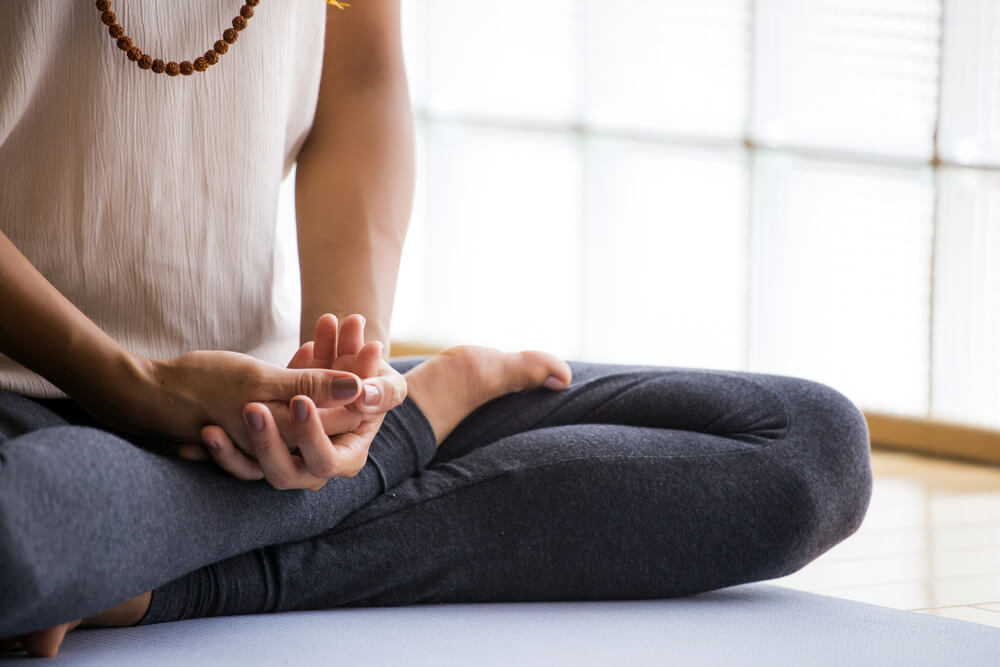
Meditation is a practice that involves focusing your attention on a particular object, thought, or activity to achieve a state of mental clarity and calmness. There are many different types of meditation, including mindfulness meditation, guided meditation, and transcendental meditation. Regardless of the type, the goal of meditation is to quiet the mind and reduce the constant stream of thoughts and distractions that can cause stress and anxiety.
The Benefits of Meditation
Meditation has numerous benefits for both the mind and body. Some of the most notable benefits include:
Reduced Stress and Anxiety

Meditation has been shown to reduce stress and anxiety levels by calming the mind and promoting relaxation.
Improved Focus and Concentration
The practice can help improve your focus and concentration by training your brain to stay present in the moment.
Better Sleep

Make sure not to snooze on this benefit. Meditation can help improve the quality of your sleep by reducing stress and promoting relaxation.
Increased Self-Awareness
Meditation can help you become more aware of your thoughts and emotions, allowing you to better understand yourself and your reactions to certain situations.
Lower Blood Pressure

Practicing mediation has been shown to lower blood pressure, reducing the risk of heart disease and other health issues.
Tips for Getting Started with Meditation
Find a Quiet Space
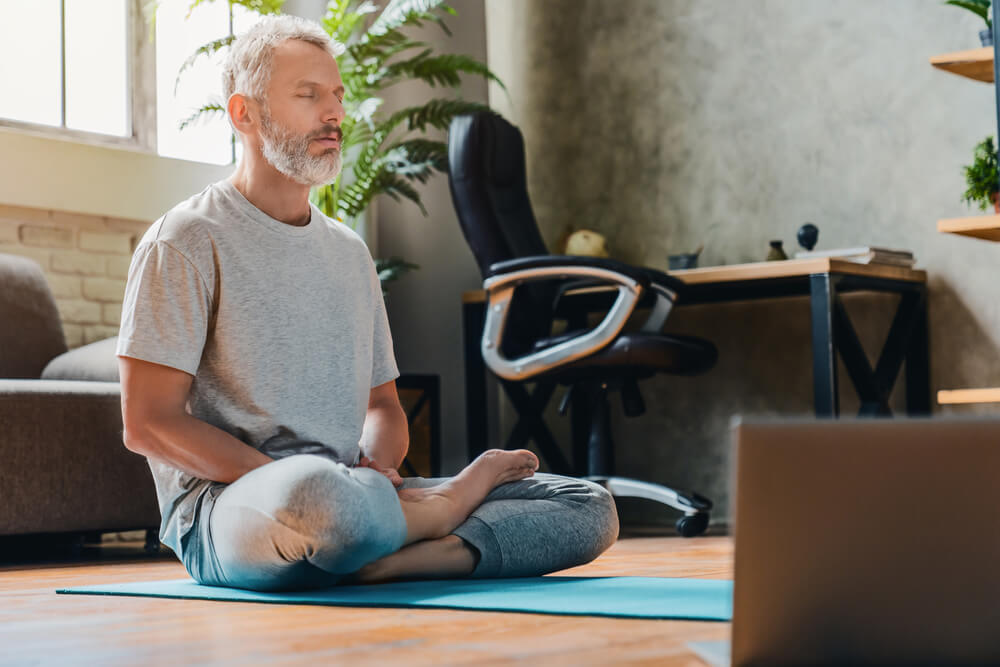
Choose a quiet space in your home or office where you can meditate without distractions.
Get Comfortable
Sit comfortably on a cushion or chair with your back straight and your feet flat on the floor.
Choose a Time
Pick a time of day when you can practice without interruptions. Many people find that meditating in the morning helps them start their day on the right foot.
Start with a Few Minutes
Begin with just a few minutes of meditation each day and gradually increase the length of your sessions as you become more comfortable.
Focus on Your Breath

Focus your attention on your breath and the sensation of air moving in and out of your body. When your mind starts to wander, gently bring it back to your breath.
Use Guided Meditations
Guided meditations can be a helpful tool for beginners, as they provide structure and guidance.
Be Patient
Meditation is a practice that takes time and patience. Don’t get discouraged if you don’t experience immediate results – keep practicing, and you will start to notice the benefits.
Incorporating Meditation into Your Daily Routine
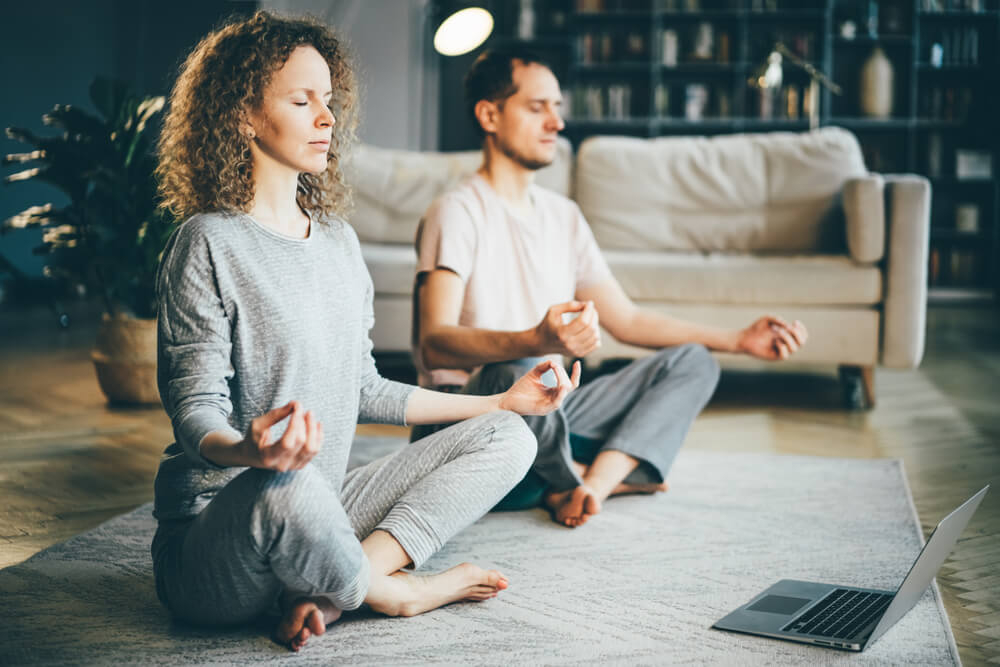
To experience the full benefits of meditation, it’s important to incorporate it into your daily routine. Here are some tips for making meditation a regular part of your life:
Set Aside Time
Set aside a specific time each day for meditation. Whether it’s first thing in the morning or before bed, find a time that works for you and stick to it.
Make it a Habit
Make meditation a habit by practicing it at the same time each day. By creating a routine, you’ll be more likely to stick with it.
Start Small
Start with just a few minutes of meditation each day and gradually increase the length of your sessions as you become more comfortable.
Use Reminders

Set reminders on your phone or computer to help you remember to meditate each day.
Find a Community
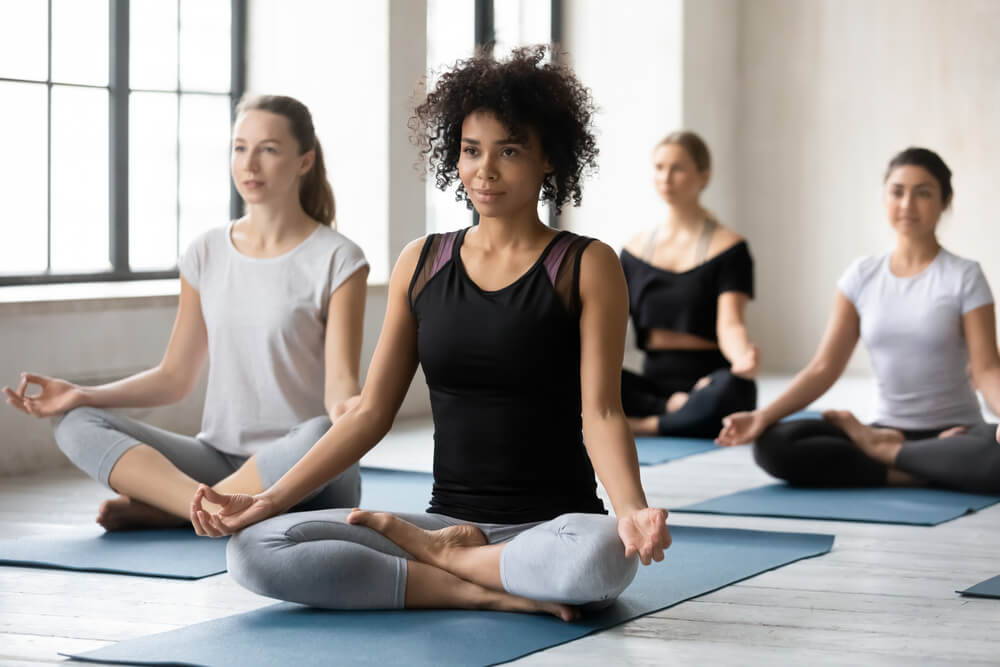
Join a meditation group or find a friend who meditates to help keep you motivated and accountable.
In conclusion, meditation is a powerful technique for reducing stress and improving overall well-being. With a little guidance and practice, anyone can learn to meditate and experience its benefits. Whether you’re looking to reduce stress and anxiety, improve your focus and concentration, or simply improve your overall well-being, meditation can be a powerful tool to help you achieve your goals.
By following the tips outlined in this beginner’s guide, you can get started with meditation and start reaping its benefits. Remember to be patient, start small, and make it a regular part of your routine. With practice, you’ll be able to achieve a state of mental clarity and calmness that will help you navigate the stresses and challenges of daily life.
In addition to the tips provided here, there are many resources available to help you learn more about meditation and find a practice that works for you. Whether you prefer guided meditations, apps, or in-person classes, there is no shortage of resources to help you on your meditation journey.
Meditation is a simple yet powerful tool for reducing stress, improving focus and concentration, and promoting overall well-being. By incorporating meditation into your daily routine and following the tips provided in this guide, you can experience the many benefits that meditation has to offer. So why not give it a try today? Your mind and body will thank you for it!

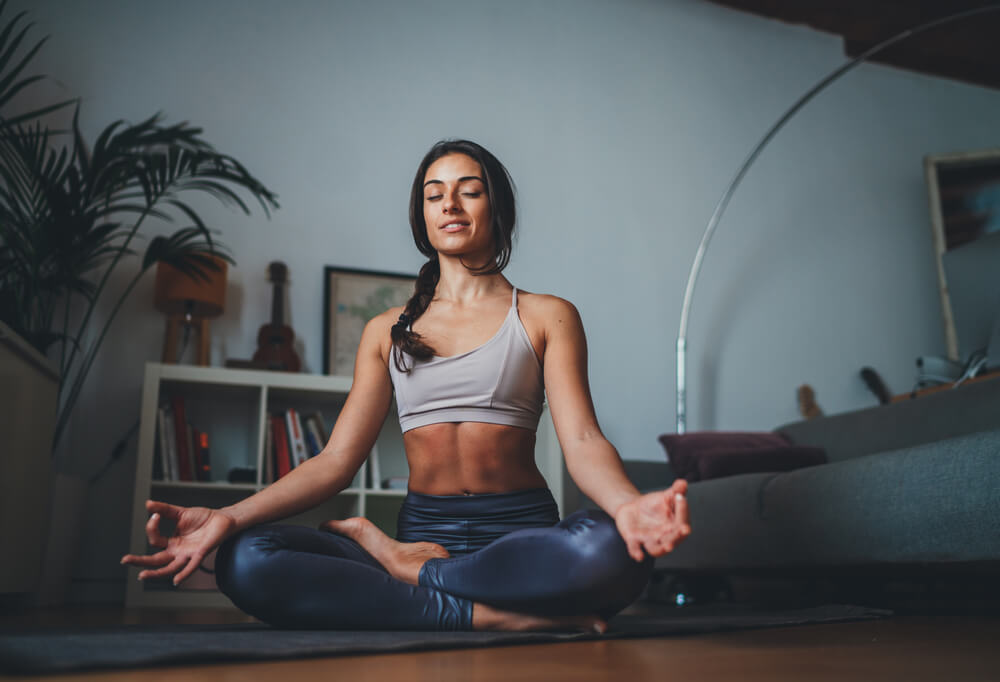



Leave A Comment